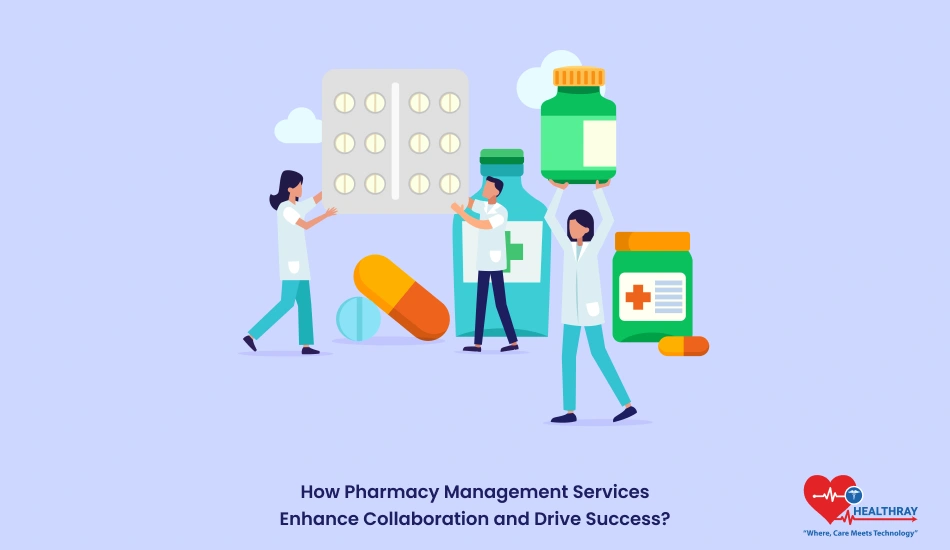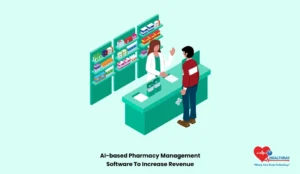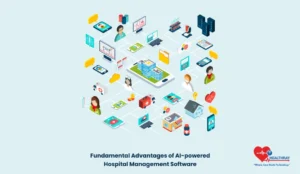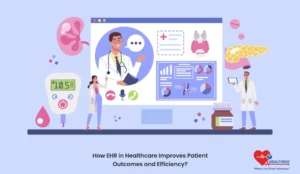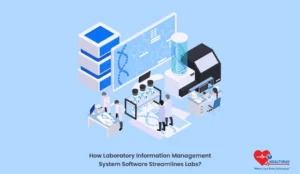Pharmacy management services are transforming how healthcare teams work together. These services make it easier for pharmacists, pharmacy owners, and healthcare administrators to communicate and streamline their workflows. For many, the key lies in integrating pharmacy management systems, which are software solutions designed to manage everything from medication inventory to patient records.
This shift isn’t just about convenience. It’s about creating an ecosystem where pharmacists, doctors, and administrators can collaborate to deliver safer, faster, and more efficient care. Advances like AI-based pharmacy management systems are playing a major role in this transformation. These systems can analyze large volumes of data, automate repetitive tasks, and even predict inventory needs.
But how exactly do Pharmacy Management System services improve collaboration? What makes AI-based systems stand out? We’ll explore these questions and break down the specific ways these tools help pharmacies achieve success.
What Are Pharmacy Management Services?
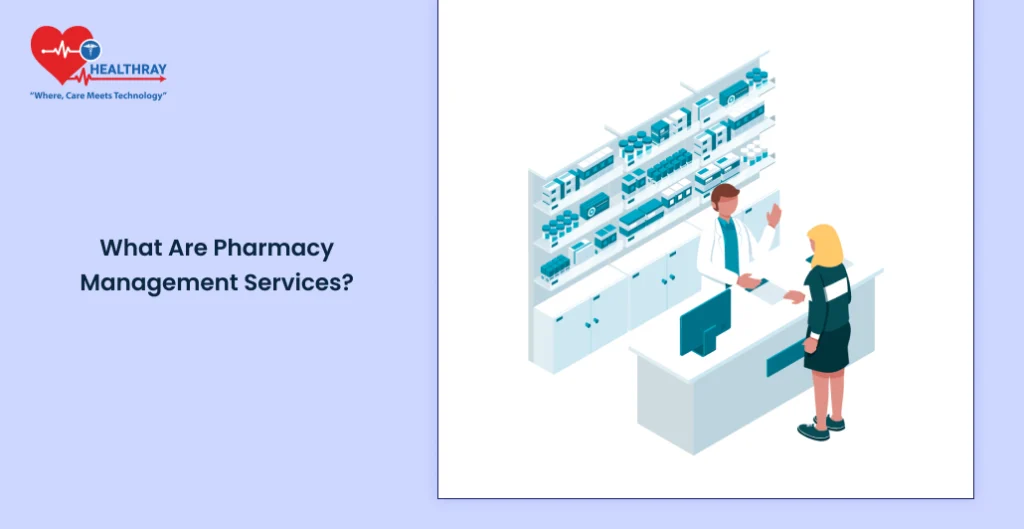
Pharmacy management services are specialized solutions designed to simplify and optimize the operations of pharmacies. These services go beyond day-to-day tasks like filling prescriptions. They aim to improve the overall efficiency of pharmacy operations while ensuring better collaboration between pharmacists, healthcare teams, and administrators.
At their core, these services help manage critical aspects such as medication inventory, compliance with regulatory standards, patient care, and billing processes. They provide pharmacies with the tools they need to operate smoothly and deliver better outcomes for patients.
The backbone of pharmacy management services is often pharmacy management systems—software solutions that centralize operations. These systems streamline tasks like tracking prescriptions, managing inventory levels, and ensuring patients receive the right medication at the right time. By reducing manual processes, these services save time and help prevent errors.
In today’s fast-paced healthcare environment, services like these have become essential for pharmacies to stay competitive. They create a more connected and collaborative approach to healthcare, setting the stage for enhanced patient care and business success.
The Collaborative Impact of Pharmacy Management Systems
Pharmacy management systems have revolutionized how healthcare professionals work together. These systems are designed to improve communication and streamline operations, making collaboration between pharmacists, physicians, and healthcare administrators seamless.
One of the standout features of these systems is their ability to centralize information. For instance, when a pharmacist updates a patient’s prescription, the system ensures that this update is immediately visible to the prescribing doctor and relevant healthcare teams. This transparency reduces the risk of errors and ensures everyone has access to the most accurate information.
Another way these systems enhance collaboration is through task automation. They handle repetitive processes like medication reconciliation, inventory tracking, and patient reminders. This allows pharmacists to focus on clinical tasks, like advising patients or collaborating on care plans with other providers.
AI-based pharmacy management systems take this collaboration a step further. They use predictive analytics to forecast medication needs and manage supply chains efficiently. They also help identify potential drug interactions or errors before they happen, creating a safer environment for patients and reducing the workload for healthcare teams.
When healthcare professionals work with shared tools like these, the entire process becomes more efficient. Patients benefit from faster service, healthcare teams avoid unnecessary delays, and pharmacies achieve greater operational success.
Benefits of Pharmacy Management Systems
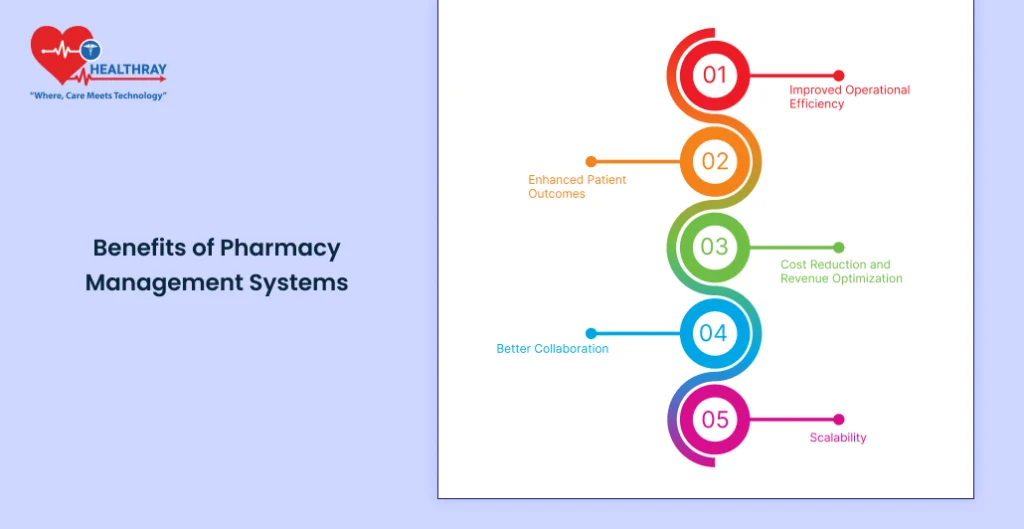
Pharmacy Management Software are not just tools—they are game changers for improving the way pharmacies and healthcare teams operate. Here are some of the key benefits they bring:
Improved Operational Efficiency
These systems simplify complex workflows. By automating routine tasks like tracking inventory, managing prescriptions, and processing billing, they free up time for pharmacists and staff. For example, instead of manually checking stock levels, the system updates inventory in real-time and notifies when items are running low. This ensures that pharmacies are always prepared to meet patient needs.
Enhanced Patient Outcomes
When medication data is centralized and easily accessible, healthcare teams can make informed decisions faster. Pharmacy management systems also minimize errors, such as incorrect dosages or drug interactions, by flagging potential issues before they occur. AI-powered systems go a step further, offering personalized recommendations based on patient history and analytics.
Cost Reduction and Revenue Optimization
Managing inventory efficiently reduces waste and prevents overstocking. Predictive tools within the system can analyze trends to ensure the right amount of medication is always on hand. On the financial side, these systems streamline billing and reimbursement processes, ensuring pharmacies capture all potential revenue.
Better Collaboration
Pharmacy management systems improve communication across teams. Whether it’s sharing updates with physicians or providing instant access to patient records, these systems ensure everyone involved has the information they need. This seamless exchange of data reduces miscommunication and speeds up patient care.
Scalability
As pharmacies grow or adapt to new challenges, these systems scale with them. Whether you’re managing a single location or multiple branches, pharmacy management systems can handle the complexity without adding extra burden.
These benefits make pharmacy management systems an essential investment for pharmacies and healthcare teams looking to provide top-notch care while staying efficient and cost-effective.
Role of AI in Pharmacy Management Systems
Artificial Intelligence (AI) is reshaping how pharmacies operate by bringing a level of precision and efficiency that wasn’t possible before. AI-based pharmacy management systems are leading the charge, offering advanced tools that enhance decision-making and streamline operations.
Predictive Analytics for Inventory Management
AI tools analyze historical data, seasonal trends, and current demand to forecast inventory needs. This ensures pharmacies always have the right medications in stock, minimizing overstocking or shortages. For example, the system might predict an increase in cold medications during flu season and automatically adjust orders.
Error Detection and Prevention
One of AI’s most valuable contributions is its ability to catch errors before they happen. These systems scan prescriptions and patient records to flag potential drug interactions, incorrect dosages, or duplicate medications. This not only protects patients but also reduces liability for pharmacies.
Automating Administrative Tasks
Repetitive tasks, such as updating patient records, generating reports, or sending refill reminders, can be automated with AI. This frees up pharmacists and staff to focus on providing better patient care and managing complex clinical scenarios.
Personalized Patient Care
AI-based systems analyze patient data to deliver tailored recommendations. For instance, they can suggest alternative medications for patients with allergies or provide adherence reminders for those on chronic treatments. This personal touch improves patient satisfaction and health outcomes.
Advanced Analytics for Decision-Making
AI doesn’t just handle day-to-day operations—it provides insights that can guide long-term strategies. From identifying patterns in prescription trends to analyzing financial data, AI equips pharmacy owners and administrators with actionable insights for growth and improvement.
Seamless Integration with Other Systems
AI-powered pharmacy management systems often integrate effortlessly with electronic health records (EHRs) and other healthcare tools. This ensures that all team members, from physicians to pharmacists, have access to the same up-to-date information.
By adopting AI-based pharmacy management systems, pharmacies can improve efficiency, reduce errors, and offer a higher standard of care. It’s no longer just about managing medications—it’s about harnessing technology to transform the entire pharmacy experience.
Choosing the Right Pharmacy Management System
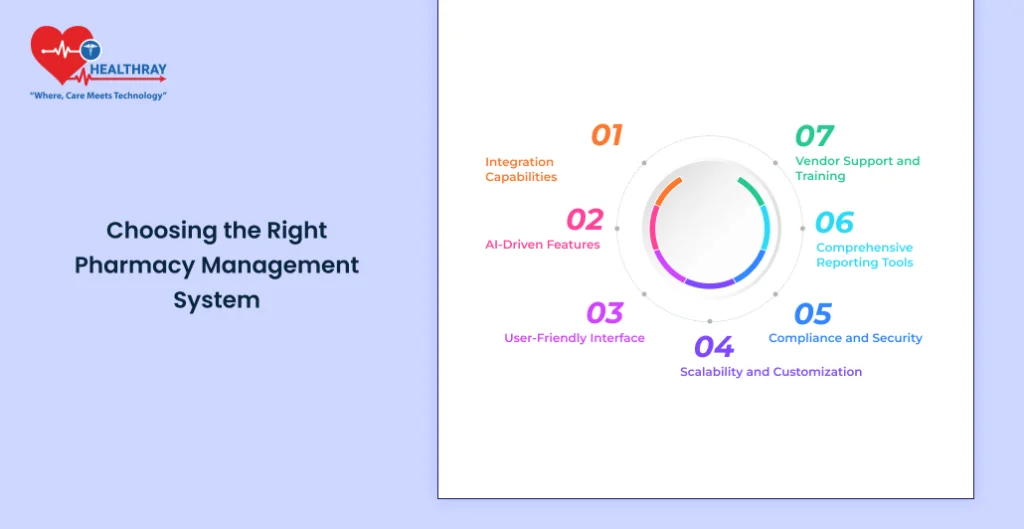
Selecting the right pharmacy management system is a critical step for pharmacies looking to enhance collaboration and streamline operations. With so many options available, it’s essential to focus on key features and factors that align with your pharmacy’s specific needs.
Integration Capabilities
Look for a system that integrates seamlessly with existing tools like electronic health records (EHRs), billing platforms, and other healthcare software. This ensures that data flows smoothly across systems, improving communication and reducing manual entry errors.
AI-Driven Features
Systems powered by AI can automate complex processes and provide valuable insights. Features like predictive analytics for inventory management, error detection, and personalized patient recommendations set AI-based pharmacy management systems apart.
User-Friendly Interface
Ease of use is crucial for adoption. A system with a straightforward interface minimizes the learning curve for your staff and allows them to focus on patient care instead of struggling with complicated software.
Scalability and Customization
Choose a system that can grow with your business. Whether you plan to expand your pharmacy or add new services, the software should be flexible enough to accommodate changes. Customization options are also vital to tailor the system to your unique workflow.
Compliance and Security
Healthcare data is highly sensitive, so the system must comply with regulations like HIPAA and prioritize security features such as encryption and secure data storage. This protects both your patients and your business.
Comprehensive Reporting Tools
Robust reporting features allow you to track key performance indicators (KPIs), financial metrics, and patient care outcomes. These insights are invaluable for making informed decisions and identifying areas for improvement.
Vendor Support and Training
The right vendor should provide ongoing support, regular updates, and training for your team. This ensures you’re maximizing the system’s potential and staying up to date with the latest features.
By focusing on these criteria, you can select a pharmacy management system that not only meets your current needs but also supports long-term growth and success.
Conclusion
Pharmacy management systems have become indispensable for modern pharmacies looking to enhance collaboration and achieve success. These systems streamline operations, reduce errors, and improve communication between healthcare teams. With the advent of AI-based pharmacy management systems, the potential for predictive analytics, automation, and personalized patient care has taken this technology to the next level.
By adopting these solutions, pharmacists can focus more on patient care, pharmacy owners can optimize their operations, and healthcare administrators can ensure better outcomes across the board. Investing in the right Hospital Management System is not just a step toward efficiency—it’s a step toward transforming how pharmacies operate in a rapidly evolving healthcare landscape.
Whether you’re looking to integrate new technology or refine your existing processes, pharmacy management services provide the tools and insights you need to stay ahead. The path to collaboration and success starts with the right system tailored to your needs.
